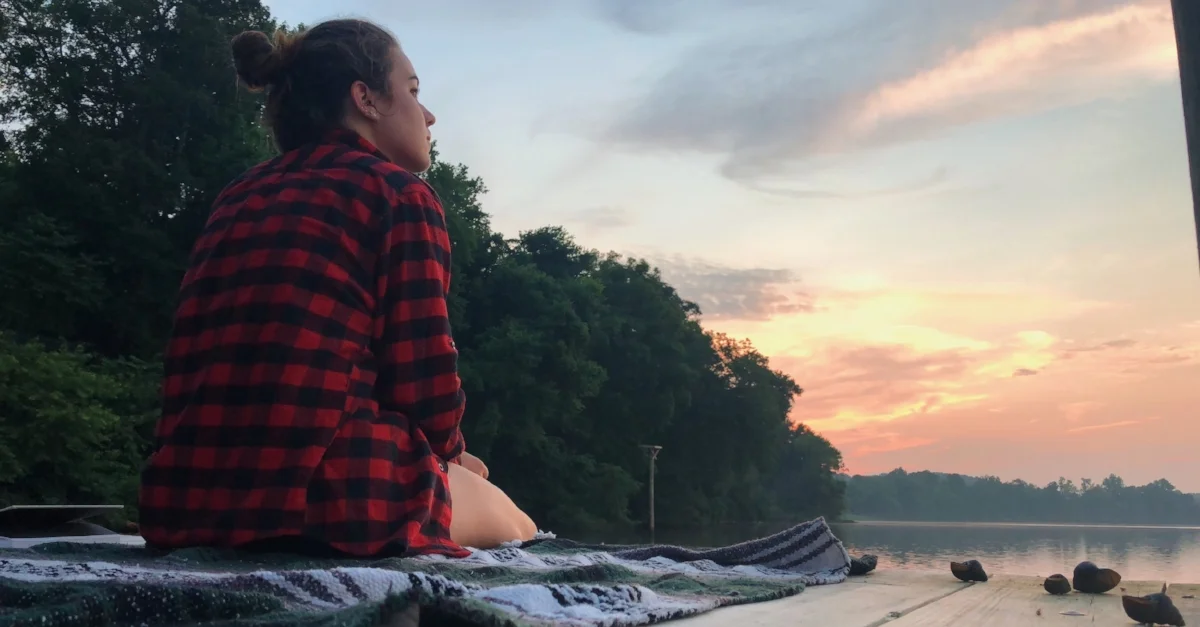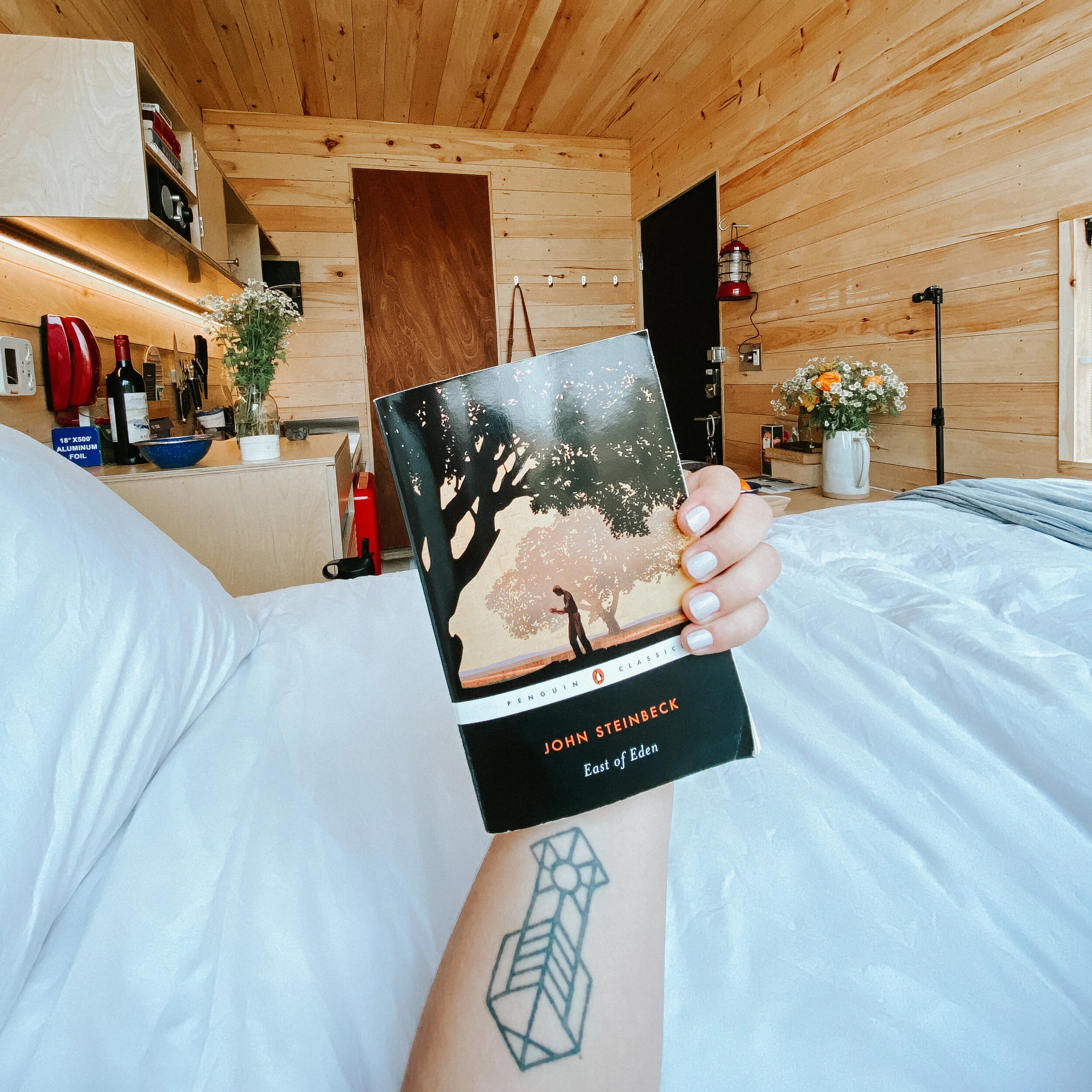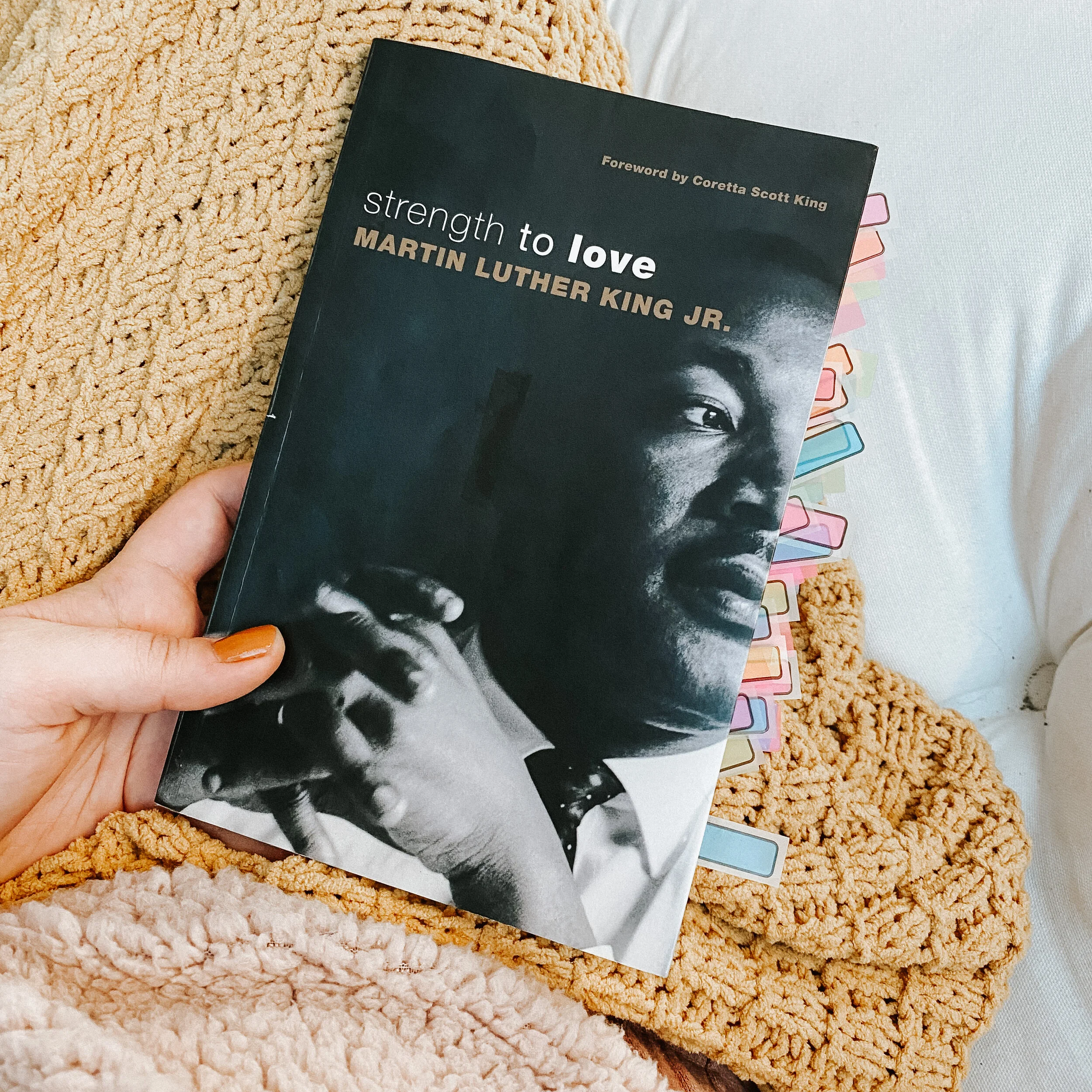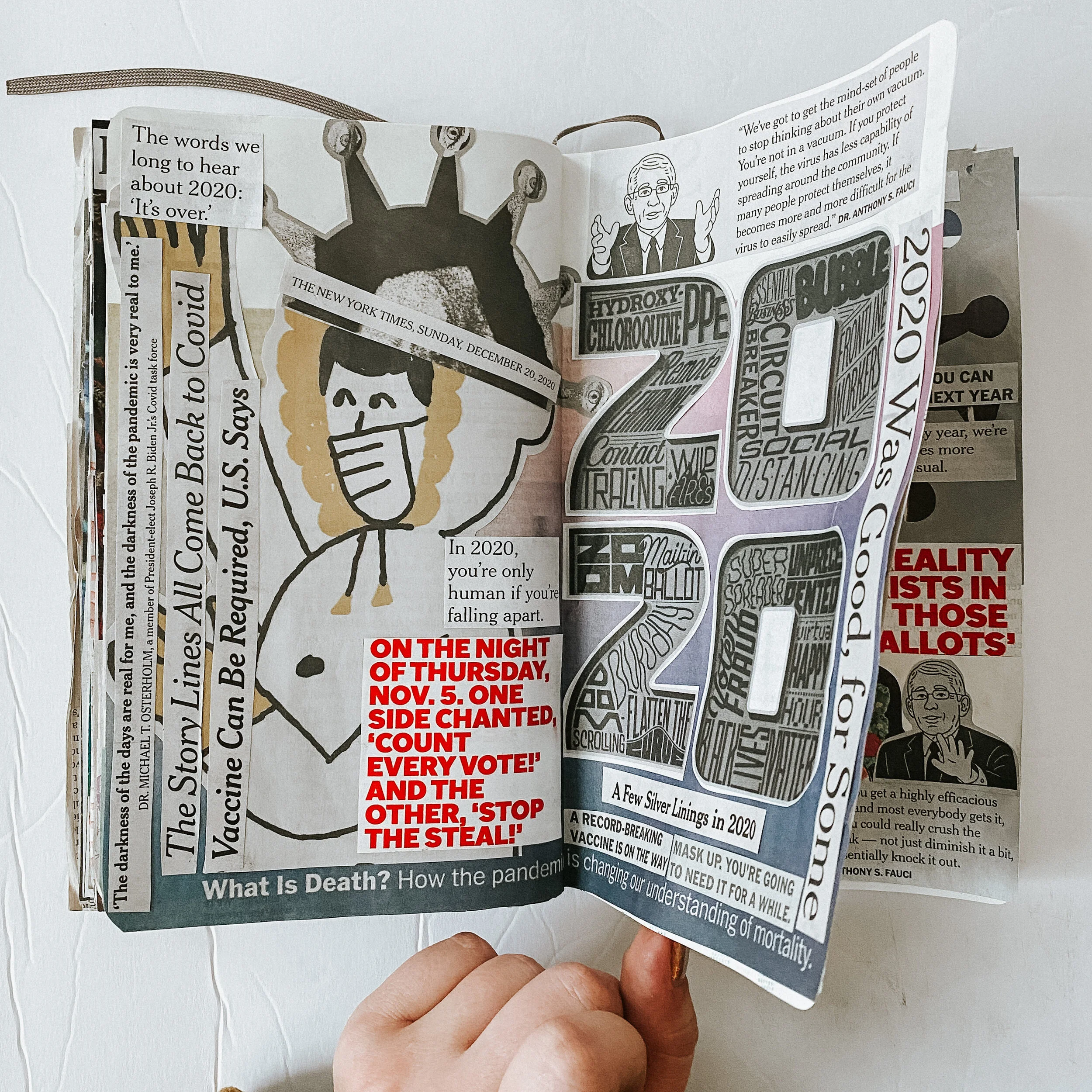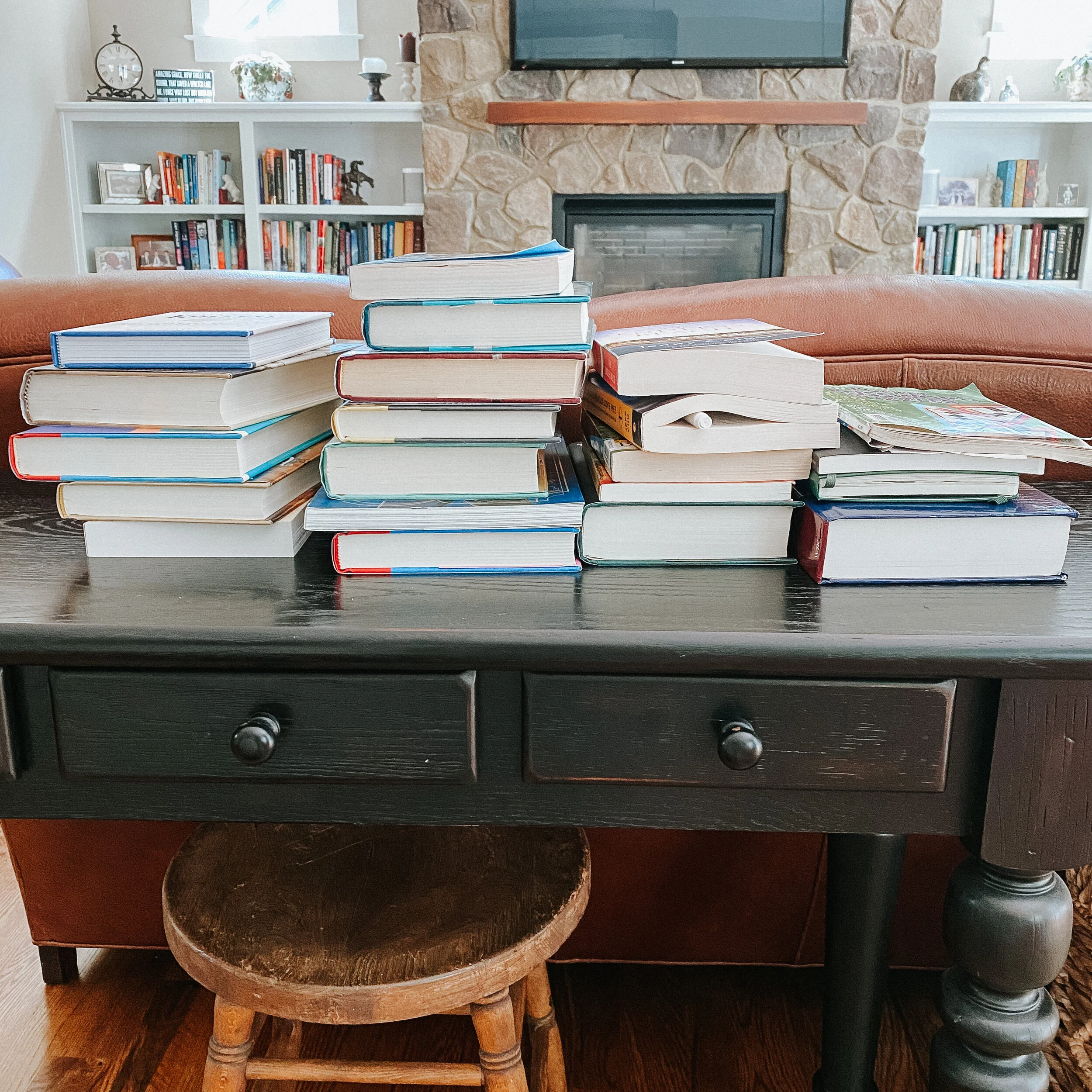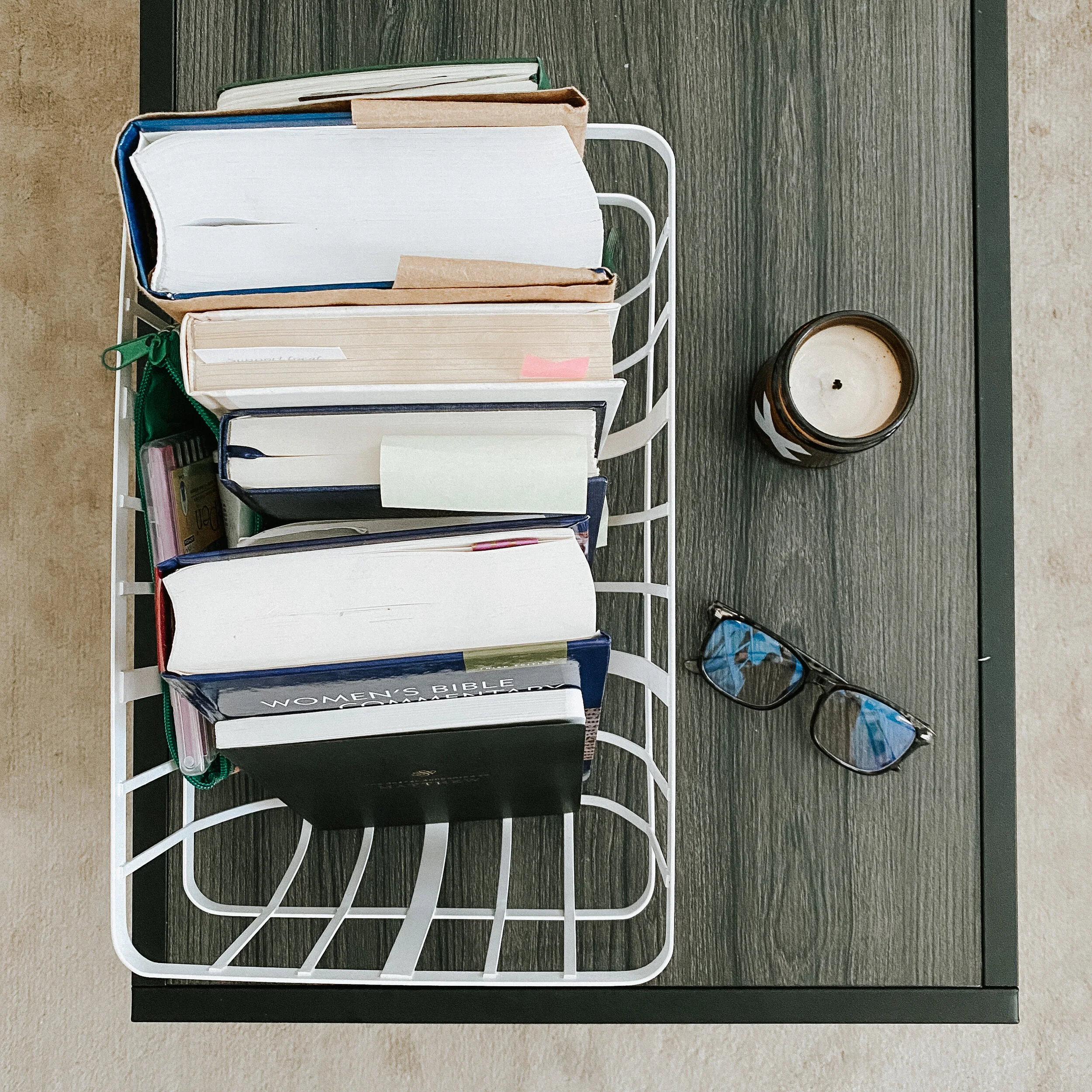4 Helpful Strategies for Building Self-Awareness
I have been in weekly counseling for more than a year now, and I have to say, it's helped me become a WHOLE lot more self-aware than I ever was before. I've always been deeply interested in my own thoughts, feelings, behaviors, reasoning, etc... but counseling has helped give me better tools in my arsenal for examining my own self and coming to greater clarity and deeper understanding. Not everybody is wired to be introspective like this, I know, so I wanted to share some strategies and tools I've been learning that might be helpful for others. (I totally made up the names of these, so they aren't from some other source, but more a compilation of things I've learned from all of my experiences!)
It's my hope that these ideas prompt you to take a look at your own life and do some reflecting. I'd recommend doing this work solo to start, and then sharing with trusted friends, loved ones, mentors, counselors, etc once you have processed things on your own.
Here are a few strategies I find helpful:
The 30,000 Foot Look
This was my most recent counseling homework assignment: zoom out and take a 30,000 foot look at your life, and note the themes you see. It's not easy to do this zooming out, to try to back up and see the bigger picture. We so often lose the forest for the trees, though. The more I tried to step back and gain a wider perspective, the more things became clear to me. I noticed the relationship patterns that have repeated over the years. I saw the cycles of self-doubt and shame playing out. I noticed the kinds of people I'm drawn to, the kinds of people I avoid. I saw the areas where I was brave enough to take risks, and the areas where fear held me back.
A helpful tip here: Try doing this category by category. Start by zooming out and looking at your relationships. Then move on to your faith journey. Then your personal health. And so on. The big picture becomes more manageable when we narrow it down just slightly.
The outward orbit
This strategy requires some analysis of the things closest to you and outside of you. Take a look at your close friendships, your family relationships, your work, your habits, the way you fill your days, etc. This will help you to notice where there might be some weak links or areas that are suffering. Maybe you're doing great at work, but your free time is now nonexistent and you're feeling exhausted. Or maybe you've been getting super close with a new romantic partner, but you're neglecting your friendships. Maybe you've been reading way more books than usual, but you haven't worked out in a few weeks. Take some time to think critically about what's working, what isn't, where you feel tension, where you see success, where you feel like you're falling short. Make a game plan for moving forward. How can you create better balance between the key elements of your life, your days?
A helpful tip here: Make a list of your big goals in life (or for your year, even) -- I have 10 big buckets-- then make monthly, weekly, and daily goals from there, and make sure each one ties to one of those big buckets. I personally use PowerSheets for this, but they aren't necessary. Just start a list in a way that works for you. A few example goals of mine this month: Host a friend gathering (ties to my big community goal of connecting with others, loving people well, being intentional, and prioritizing friendships). Go on a new hike (ties to my big explore goal of exploring my city and beyond, embracing new culture and new experiences). Find a Bible study system (ties to my big Scripture goal of spending time intentionally studying and soaking up Scripture every day). All of these goals are helping me create balance in my life so I'm my happiest and healthiest. They all play together!
The body scan
Our bodies tell us so much, if we just take time to listen. I've become much more attuned to my body since practicing yoga consistently, but I don't think yoga is the only way to do so. Awareness is key. It's all about paying attention to the clues, signs, and warnings our bodies are giving us all day long. Notice the headaches that arise, and make notes about what might have prompted them (stress? too much caffeine? not enough water?). Notice the twisting in your stomach-- is it fear? anxiety? nerves? a sign that something isn't right? Pay attention to where you hold stress-- what's tense? Your shoulders? Your stomach? Your neck? Have you taken any deep breaths today? Try to breathe in and out slowly for counts of four, for just a few moments. Isn't that better? Have you gone on a walk today? Stood in the sunshine? Gotten fresh air? Have you stretched your muscles, challenged your body, or let yourself rest? All are important. Balance is key.
There is no shame here. It's all about noticing what our bodies are feeling and how they are reacting, and adjusting accordingly. The way our palms sweat when we walk into a meeting helps us learn what's important to us. The way our stomachs flutter before a first date clues us in to the mystery and magic of possibility and unknowns. The way our voice trembles when we ask for forgiveness reminds us how to be humble and honest. Our bodies are beautiful, they are not bad. They have much to help teach us about who we are, how we are doing, what we can be working on, and how we can be moving toward greater health, freedom, confidence, and peace.
A helpful tip here: The next time you lay down, place one hand over your heart, and one on your stomach, and just feel the rise and fall of your chest and your belly. Breathe deeply, remember you're alive. Feel your heart beat, the rhythm of your breath, the patterns of your body keeping you going. Do this often, if for no other reason than to remember you are here and you are real.
The Deep Dive
This one is intense, and requires patience and focus. Taking a deep dive into an area of your life is hard to do, because there's usually a lot of things hidden down there, and we usually don't want to bring them to the light. But I've found that when I try to really dig into an area of brokenness, or a place of shame, or a sin pattern, I find greater understanding (my motives, things in my past that are lingering, unresolved resentment, things I need to forgive or ask forgiveness for, etc) and can start to find true healing. Doing a deep dive requires asking a lot of leading questions of yourself, building on what you're discovering, and taking it further and further until you really get down to the roots. We often need help to do this! My counselor is great at continuing to ask me questions even after I think I've found my answer, and I always come to new realizations the longer I sit with something and really press into it.
A helpful tip here: Keep asking yourself "Why?" and "How?" Questions like this will keep you unearthing new ground. Every time you come to a new thought or realization, ask a new question. Keep going. Be patient with the process!

